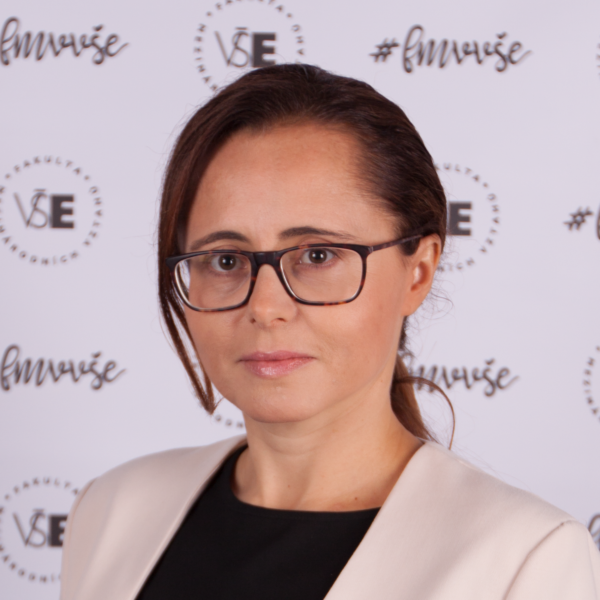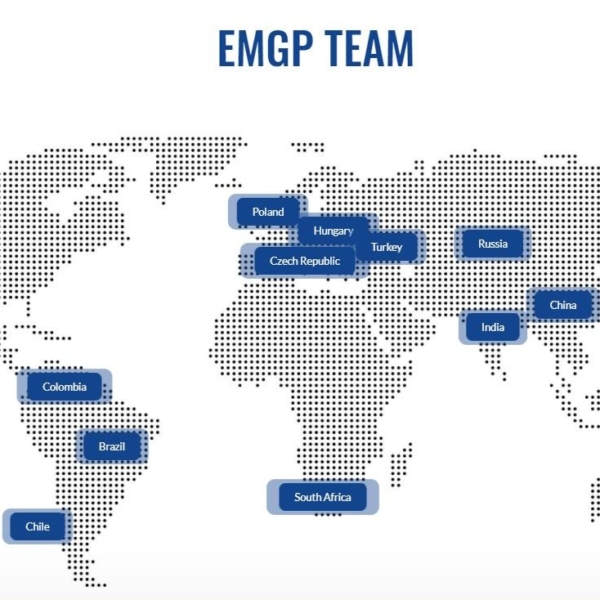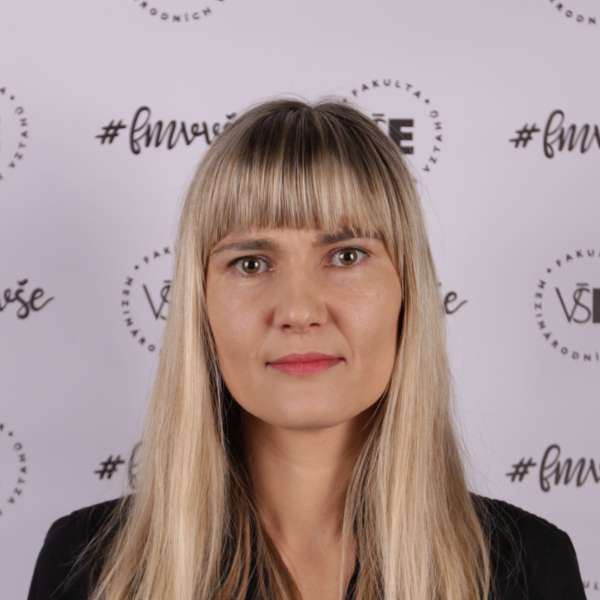Research and projects
Scientific projects
The Department of International Economic Relations is involved in a number of scientific and research activities: solving grant projects (until 2020 as the Department of The World Economy), the organization of discussion seminars, international conferences, and participation in international scientific and research networks. A number of employees of the former Department of World Economy were involved in solving the research project of the Faculty of International Relations.
Our people work in the scientific centers of the Faculty of International Relations:
Two Czech Science Foundation Projects from 2023:
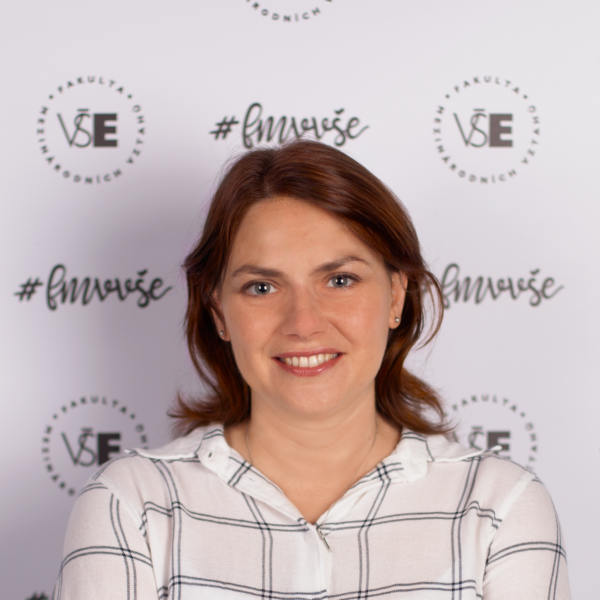
Digitalization of the public sector: effects on growth and innovation of domestic IT sectors
- Smaranda Pantea, Ph.D. (VSE)
- Nadzeya Laurentsyeva (LMU), Ph.D.
- Cristina Prochazková Ilinitchi (VSE), Ph.D.
- Ayaz Zeynalov, Ph.D. (VSE)
The aims of the study are to provide insights into how demand shapes firm growth and innovation in high-tech sectors and on the effectiveness of public procurement as an industrial policy for supporting the development of the IT sectors in the EU, with a focus on CEE countries.
This project proposes three related studies on the effects of digitalization of public
administration on the development of the domestic IT sectors in the EU, with a focus on the Central and Eastern Europe (CEE). The first study estimates the effect of the demand from public sector on the development of national IT sectors in the EU, using sector level data on the size and innovation of IT sectors from Eurostat and aggregate indicators on public procurement for software and IT services from Tender Electronics Daily (TED) and two-way fixed effects methods. The second study estimates firm level effects of winning IT-related tenders on firm growth in the Czech Republic using tender level data from TED dataset and national sources, firm level data from Amadeus and regression discontinuity design methods. The third study estimates the effects of winning public tenders on firm growth and innovation in 10 CEE countries using propensity score matching and difference-in-difference methods and firm level data from TED and Amadeus, complemented with project level data from GitHub.
- Project number: 23-06213S
- 3 years

Weathering Corporate Bankruptcy: The Role of Discipline Effect
- Ayaz Zeynalov, Ph.D., Department of International Economic Relations
- Prof. Mehmet Ugur from the University of Greenwich
This research project aims to address this oversight by drawing on agency theory, which demonstrates that the causal effects of leverage and competition on corporate bankruptcy are due to the extent to which they mitigate or exacerbate agency conflicts.
Does leverage or product-market competition increase or decrease corporate bankruptcy? We extend literature assessing that the effects on corporate bankruptcy hazard are non-monotonic in a cross-section of firms with different leverage levels and product-market competition. The causal mechanism is due to the balance between discipline vs. agency-cost effects. We demonstrate that corporate bankruptcy is essentially a managerial effort problem that can be mitigated by choosing the optimal level of debt given the level of product-market competition.
We aim to show that the optimal level of leverage that minimizes the firm’s bankruptcy risk is higher (lower) in less (more) competitive industries. We will extend our research on the impacts of current non-financial external shock on corporate bankruptcy, considering pandemics lockdown and the current war. We will match and compare samples of surviving and nonsurviving firms to discover patterns of difference between these two groups.
- Project number: 23-05769S
- 3 years
Research Projects
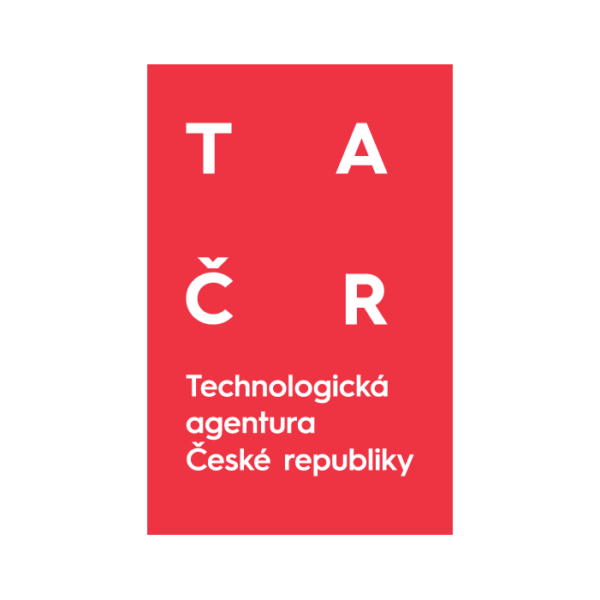
2023: Czechs' Motivation to pursue a Career in the EU Institutions
The primary objective of the research is to determine the motivation (including the factors that influence this motivation) of selected target groups of Czechs who are applying or could potentially apply for a job in the EU institutions. The research will also include findings on the awareness of the selected target groups about career opportunities in the EU institutions or about the different information channels, as well as their preferences in communicating this agenda. The analysis will also focus on the general availability, quality and completeness of information on career opportunities in the EU in general.
The research team:
- doc. Mgr. Ing. Radka Druláková, Ph.D. – principal investigator
- doc. JUDr. Nicole Grmelová, Ph.D., FMV KPEP
- doc. Ing. Pavel Hnát, Ph.D., FMV KMEV
- Mgr. Ing. Kateřina Kočí, Ph.D., FMV KMSD
- Mgr. Jarolím Antal, Ph.D., FMV KMEV
- Mgr. Ing. Petr Tomčiak, FMV KPEP
- doc. Ing. Michaela Staníčková, Ph.D., KMEV EkF VŠB-TUO
- Ing. Lukáš Melecký, Ph.D., KMEV EkF VŠB-TUO
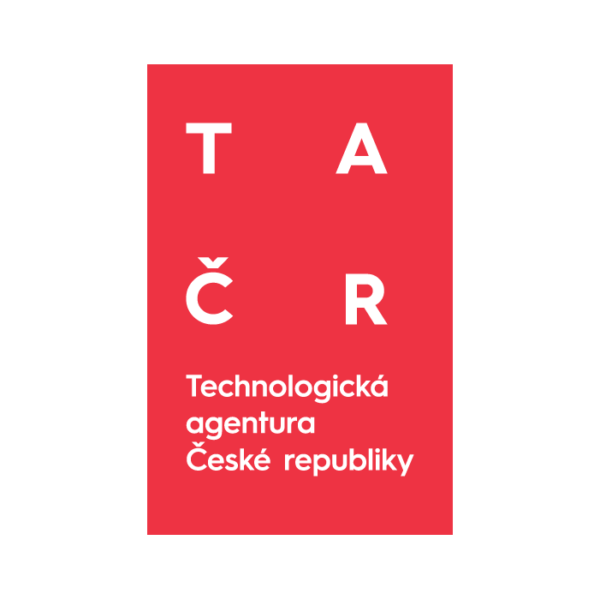
2022: Regional dimension of the Presidency's communication and cooperation with schools
The solution of the project involves linking a unique public opinion survey on European affairs in relation to NUTS 3 regions (i.e. in the case of the Czech Republic, regions), taking into account their specificities (media, communication, thematic) with a deeper analysis at the level of different population groups and the involvement of different actors and the overall media and communication environment. The output will be several sub-analyses that will become part of the research report, recommendations for a communication strategy (including specificities of individual regions and themes, actors, and appropriate tools), and training modules that will be adapted for different population groups (primary schools, secondary schools, universities, and the public).
Team:
Mgr. Mgr. Ing. Kateřina Kočí, Ph.D., FMV KMSD – Principal Investigator
doc. Ing. Pavel Hnát, Ph.D., FMV KMEV
Mgr. Jarolím Antal, Ph.D., FMV KMEV
Mgr. Ing. Daniel Houska, Ph.D., FMV KPEP
Ing. Zdeněk Vondra, Ph.D., FIS KME
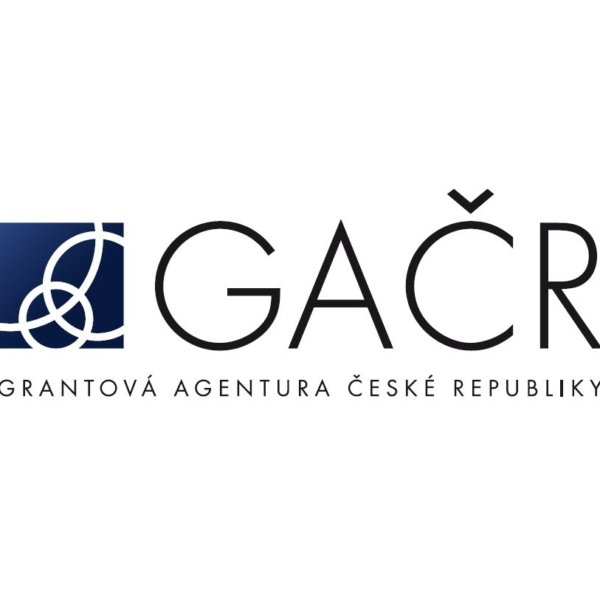
2021 - 2024: Winners and losers: who benefits from the Czech National Bank? Heterogeneous impact of monetary policy on firms and households
- PhDr. Jakub Matějů, Ph.D. – principal investigator
- Dipl.-Volksw. Monika Junicke, Ph.D.
Registration Number: 21-15530S

2021: Presidency Trio, What Can We Expect from Our Partners
The main objective is to identify the content of the Presidency programme of the upcoming FR-CZ-SE trio that would adequately reflect the (preliminary) national priorities (or priority areas) of the respective country Presidencies, taking into account the recommendations that would follow for the Czech Republic in negotiating the joint programme. The sub-objectives are therefore: preliminary identification of the main national priorities of the individual members of the presidency trio and possible negotiating positions; identification of possible common areas that would be appropriate to focus on in the preparation of the joint presidency programme of the trio (and at the same time presenting controversial areas that should be avoided); creation of an overview of the positions of the other members of the trio on the areas that can be assumed to be priorities of the Czech Republic (identification of “friction areas” and areas of possible cooperation).
Team:
doc. Ing. Mgr. Radka Druláková, Ph.D., KMSD, Principal Investigator
doc. Ing. Pavel Hnát, Ph.D., KMEV
Mgr. Ing. Kateřina Kočí, Ph.D., KMSD
Mgr. Jarolím Antal, Ph.D., KMEV
doc. Ing. Michaela Staníčková, Ph.D., KMEV EkF VŠB-TUO
Ing. Lukáš Melecký, Ph.D., KMEV EkF VŠB-TUO

2021 – 2023: Winners and losers: Who benefits from the czech national bank? Heterogeneous impact of monetary policy on companies and households (GA CR)
PhDr. Mgr. Jakub Matějů, M.A., Ph.D., University of Economics, Prague, Faculty of International Relations
The project leader is Jakub Matějů (University of London, CNB), other members include Monika Junicke (VŠE, UNRR), Haroon Mumtaz (Queen Mary, University of London) and Angeliki Theophilopoulou (Brunel University London). This study has two goals, namely to show how different firms benefit from monetary policy and how it affects their decisions and reveal how monetary expansion affects labor income inequality.
The Czech National Bank (CNB) actively uses both conventional and unconventional monetary policy instruments, some of which benefit companies and households more than others. Since literature usually focuses on the impact of monetary policy on aggregates and on large economies, we identify a significant knowledge gap in measuring the heterogeneous impact of monetary policy in a small open economy. The CNB’s exchange rate commitment to the euro and the series of significant interest rate changes that accompanied it provide a unique opportunity to fill this gap. On the one hand, individual data at the company level will allow us to examine whether export-oriented firms have benefited more from expansionary policies in terms of income, added value, or profit; and how this policy has affected corporate recruitment or investment decisions. On the other hand, using unique individual wage data, we can identify the distributional effects of monetary policy on individual households’ working incomes, thus examining the extent to which monetary policy shocks affect wage inequality.
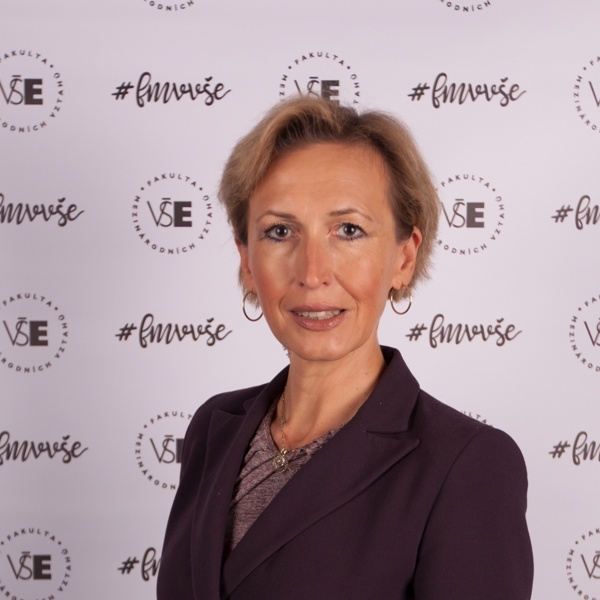
2020: Research into the impact of the fall in oil prices on producer countries in the EU's neighbourhood (TAČR)
The aim of the project solution will be to identify the likely political, economic or social impacts of the development of the oil market (or the fall in the price of oil) on the economies of those countries around the EU that depend on the export of energy raw materials to the European continent.
In view of the specific needs of Czech foreign policy, particular emphasis will be placed on the key regions of the Middle East and North Africa (MENA), the Russian Federation, and Central Asia. A more detailed analysis will be carried out for the Russian Federation and Azerbaijan, as the Czech Republic’s main partners in oil imports, whose (non)stability also has significant impacts on the European continent.
From a time perspective, I will be primarily monitoring the consequences of the fall in the oil price in 2020 caused by two major forces: the supply-side price war between Russia and Saudi Arabia, and the sharp global economic downturn caused, inter alia, by the demand-side COVID-19 pandemic.

2020: Setting up a coordination mechanism within the Presidency of the Council of the EU: preparations and progress from the perspective of selected Member States, lessons learned and recommendations for CZ PRES 2022 (TAČR)
Based on an analysis of existing studies and literature and the implementation of three types of structured interviews (actors of the Presidency within the Czech Republic, the Permanent Representation of the Czech Republic and the EU institutions in Brussels, and the Permanent Mission in Geneva, still missions of other states), the project aims to draw up appropriate scenarios for the organizational and coordination aspects of the Czech Presidency (based on different models or combinations thereof) which will reflect the positive and negative experiences of the presidency of comparable EU Member States, taking into account the expected objectives, agenda, economic efficiency, risks and potential during the Czech Presidency. At the same time, the solution will also reflect the various stages of the Presidency, with an emphasis on its preparation, performance, and return to its original state.
Research team:
- doc. Ing. Mgr. Radka Druláková, Ph.D., SMS JM, principal investigator
- doc. Ing. Pavel Hnát, Ph.D., KSE
- Mgr. Ing. Kateřina Kočí, Ph.D., SMS JM
- Mgr. Jarolím Antal, KSE
- doc. JUDr. Nicole Grmelová, Ph.D., KPEP
- Ing. Zbyněk Dubský, Ph.D., SMS JM
- Ing. Josef Bič, Ph.D., SMS JM
- Ing. Jana Hovorková, Ph.D., SMS JM
- Ing. Eva Grebe, KSE
- Ing. Jana Stehlíková, SMS JM

2019 - 2021: Quality of imports depending on the economic level of the importing country (GAČR)
One of the central points of contemporary international trade theory is the question of the relationship between the quality of imported goods and the economic maturity of the importing country. However, empirical verifications in this area are largely controversial, especially in view of the difficulty in defining the so-called marketability of goods. The aim of the project is therefore to contribute methodologically and empirically to solving this problem.
doc. Vincenzo Merella, Ph.D., MSc I 2019-2021 I 19-16764S

2019 - 2020: Targeting investment support in the Czech Republic in view of the anticipated impacts of technological changes (TAČR)
The aim of the project is to set public support (investment incentives) of priority sectors in the Czech Republic with regard to the anticipated impacts of technological changes (4th Industrial Revolution). Priority sectors will be verified and updated through primary interdisciplinary research, mapping expected technological changes (automation, robotization), their consideration in company strategy, and impacts on the labor market. On this basis, recommendations will be formulated to support investment in promising sectors within the meaning of smart specialization (RIS3). The updated investment strategy will contribute to increasing the competitiveness and innovation of the Czech industry using available human capital.
Research team:
- doc. Ing. Pavel Hnát, Ph.D., KSE, principal investigator
- doc. Ing. Martina Jiránková, Ph.D., KSE
- doc. Ing. Zuzana Stuchlíková, Ph.D., KSE
- doc. Mgr. Jana Vlčková, Ph.D., KSE
- Mgr. Jarolím Antal, Ph.D., KSE
- Ing. Ondřej Sankot, KSE
- Ing. Cristina Procházková Ilinitchi, Ph.D., KSE
- Ing. Tereza De Castro, Ph.D., KSE
- Ing. Radek Čajka, Ph.D., KMO
- Ing. Eva Křenková, Ph.D., KMO
- Ing. Josef Bič, Ph.D., KSE
- Ing. Květa Olšanová, Ph.D., KMO
International Projects

2024-2026: Academic Partnership for the study of the Middle East and North Africa in Central and Eastern Europe (NAWA)
The project envisages the establishment of a long-term and stable partnership between universities from Central and Eastern Europe dealing with politics, economics and security in the Middle East and North Africa (MENA) countries and selected universities from MENA countries. The partnership pursues research and teaching objectives. Outputs and benefits: Academic – joint research, thematic seminars; Didactic – development of online teaching materials on MENA; Institutional – study visits of team members to partner universities.
Researchers for KMEV:
- Ing. Tereza de Castro, Ph.D.
- doc. Ing. Cristina Procházková-Ilinitchi, Ph.D.
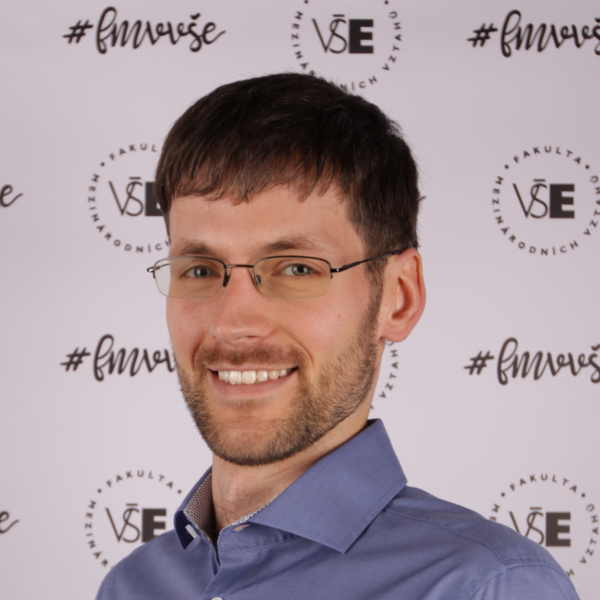
2024-2026: Green technologies: How are they created and regulated? What impact do they have?
Industrial revolutions have led to significant climate changes caused by increased consumption of fossil fuels and greenhouse gas emissions. This research project focuses on factors influencing ecological innovations at the firm level. It examines how firm characteristics, such as productivity or a skilled workforce, and policies, such as research and development funding, contribute to innovations in green technologies. Furthermore, it analyzes their impact on the productivity and quality of exported products of Austrian companies. The project also investigates whether regional policies can support the development of innovations and patents in green technologies across EU regions.
Researchers for KMEV:
- Ing. Ondřej Sankot, Ph.D.
- doc. Mgr. Jana Vlčková, Ph.D.

2024-2025: V4-Ukraine Cooperation Enhancement Prospects in the Context of Ukrainian EU Accession Negotiations
The project involves 11 universities from Ukraine, Poland, Slovakia, Hungary, and the Czech Republic. It focuses on identifying areas of economic and political cooperation between the Visegrad Four countries and Ukraine that can support Ukrainian society in the integration process into the EU.
The project also aims to foster interdisciplinary collaboration among academics in international relations, economics, and political science. Within six working groups (international trade, investment and business environment, development and technical assistance, migration, EU integration, and conflict resolution), partial studies will be conducted, presented, and discussed at two international workshops in Bratislava and Prague.
The project also includes doctoral and master’s students, who will participate in a competition for the best essays on how to help Ukraine integrate into the EU.
Researchers for KMEV:
- Ing. Josef Bič, Ph.D.
- Mgr. Kateryna Shymanska, Ph.D.
- Ing. Tereza de Castro, Ph.D.
- doc. Ing. Cristina Procházková-Ilinitchi, Ph.D.
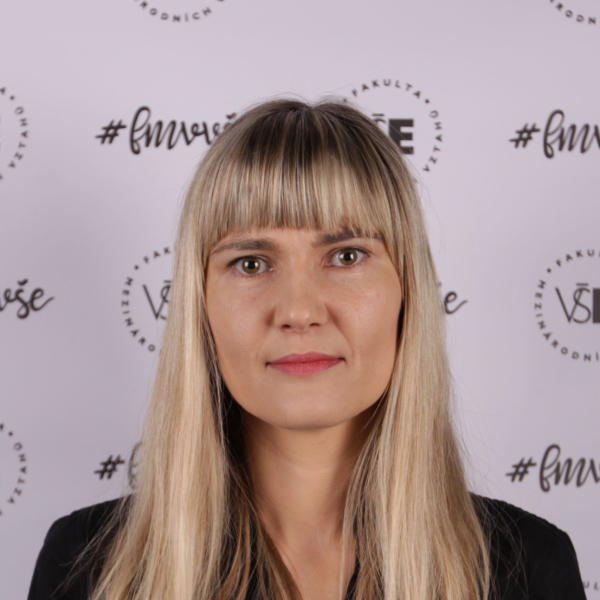
2019: Effects of Industry 4.0 on FDI in the Visegrád countries (Visegrad Fund)
- doc. Mgr. Jana Vlčková, Ph.D.
- Ing. Josef Bič, Ph.D.
The project focuses on counter-views, arguments and policies in favour and against PDI in the V4 countries. The specific objective of the project is to evaluate the benefits and disadvantages of PDI in the V4 and the role of foreign capital in the development of the region. Furthermore, recommendations will be made on how to set a future policy towards foreign direct investment in terms of attracting and maintaining the most useful types of such investments in the light of technological trends.
Partners:
- Akademia Finansów i Biznesu, Vistula University, Poland (Grantee)
- Centre for Economic and Regional Studies HAS, Hungary
- Management University in Trencin, Slovakia

2015: How to benefit from Global Value Chains? – Implications for the V4 Countries (Visegrad Fund)
- Mgr. Jarolím Antal, Ph.D.
- Mgr. Jana Vlčková, Ph.D.
- Ing. Tereza De Castro, Ph.D.
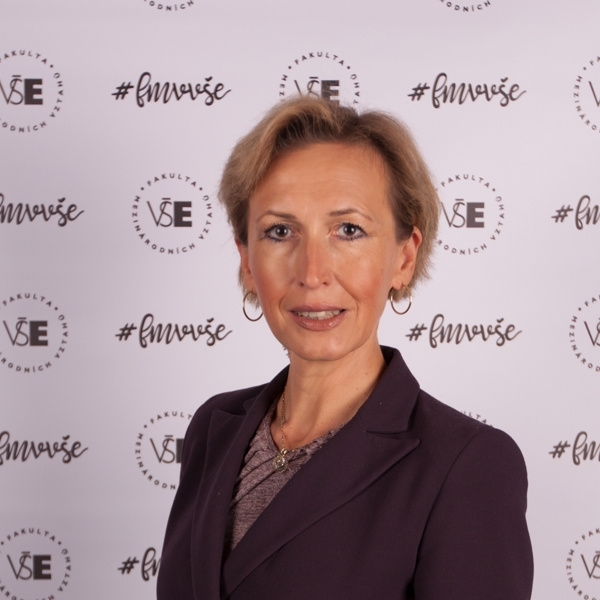
2015: Mutual Relations between the Republic of Korea and V4 Countries in trade and investment (Visegrad Fund)
- doc. Ing. Martina Jiránková, Ph.D.
- doc. Ing. Pavel Hnát, Ph.D.
- Ing. Ilya Bolotov, Ph.D.
- Ing. Ondřej Sankot

2013: Current Trends and Perspectives in Development of China-V4 Trade and Investment (Visegrad Fund)
- Pavel Hnát
- Zuzana Stuchlíková
- Tereza De Castro
- Martin Tlapa

